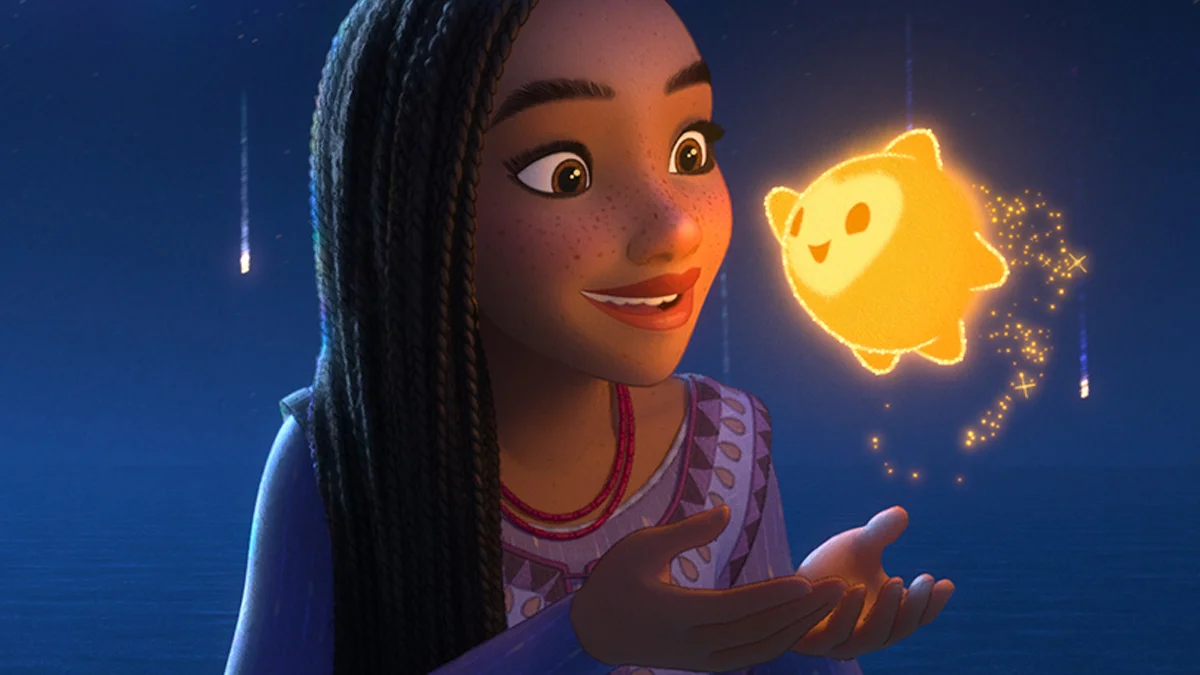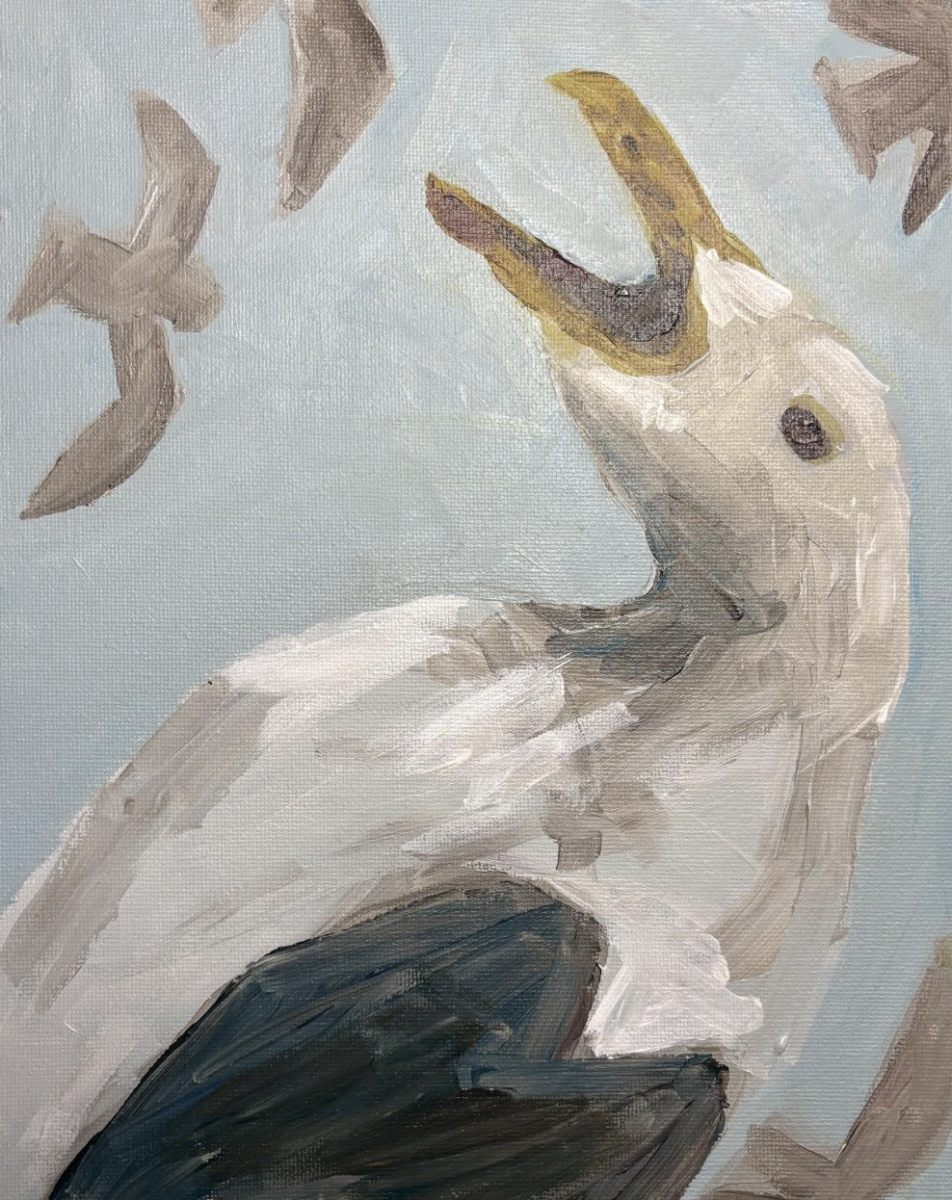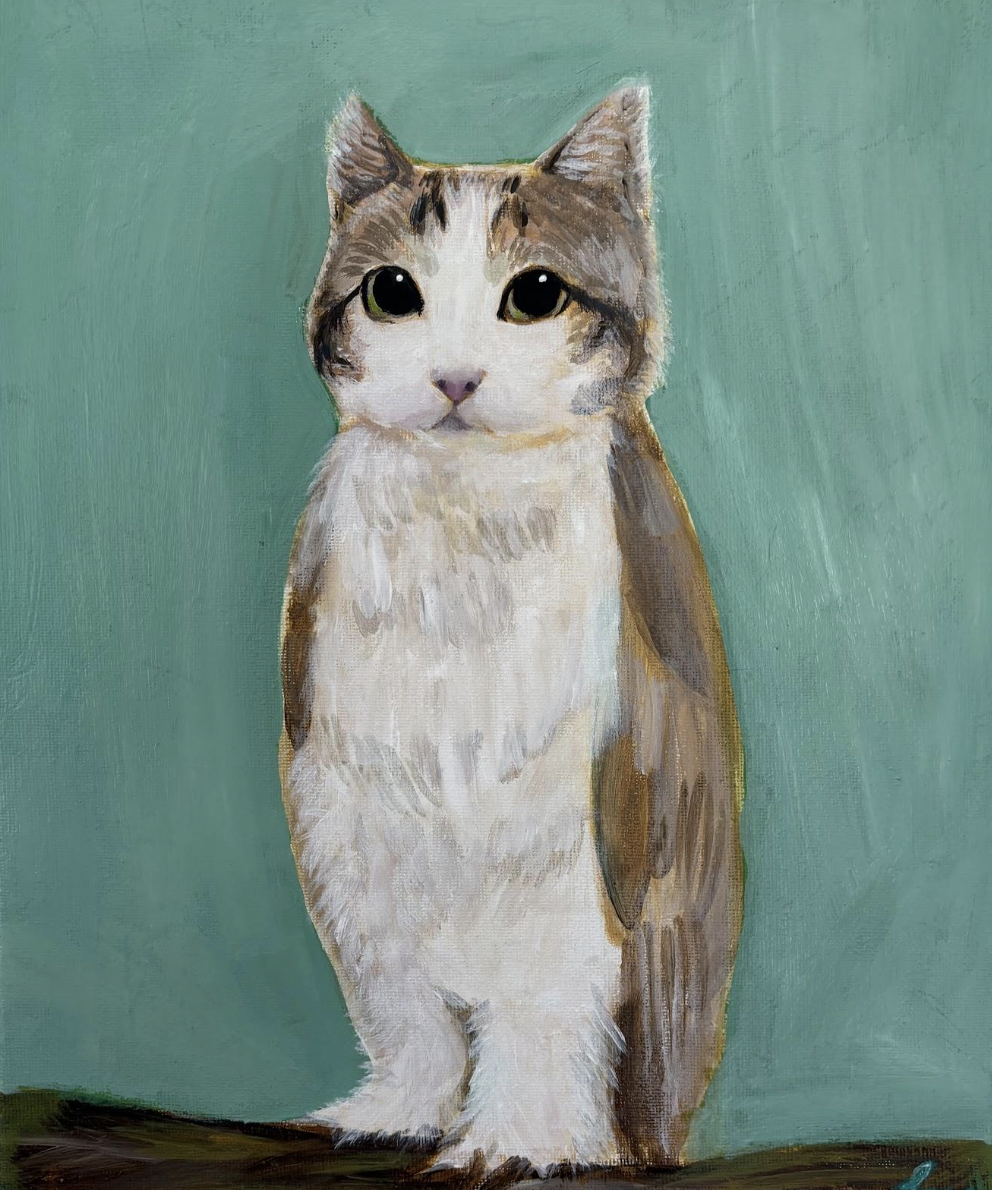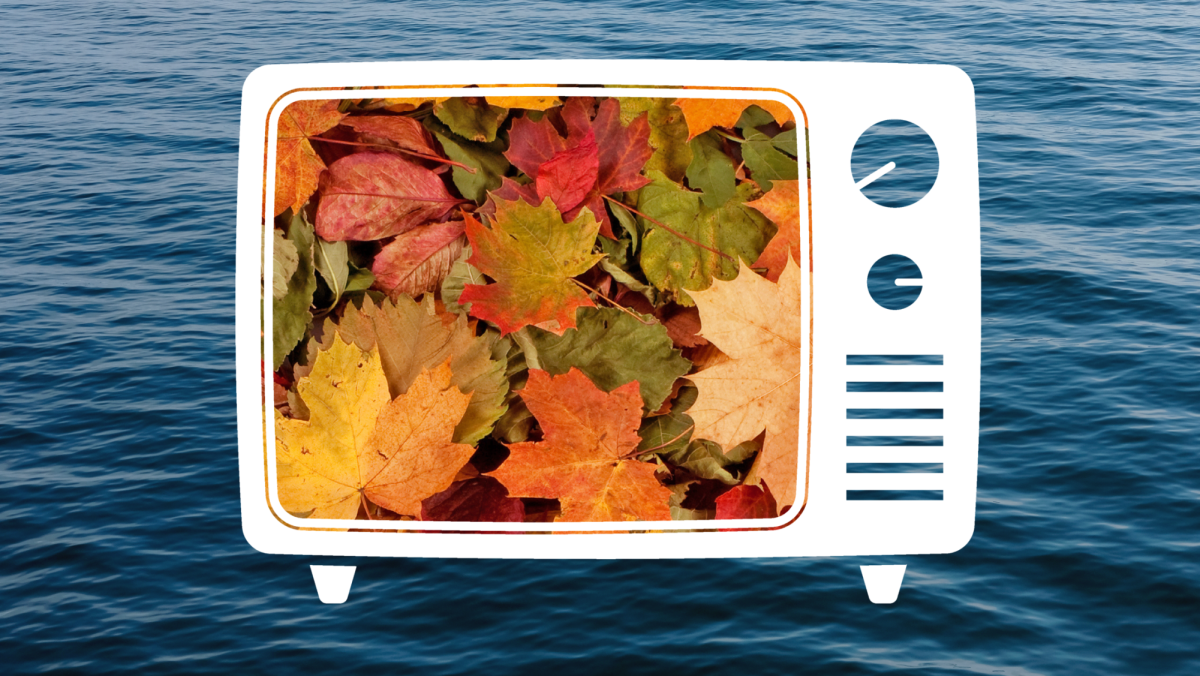Despite the requisite capitalist motives and a mountain of overblown internet criticism, Walt Disney Animation’s hundredth anniversary feature film, “Wish,” is actually…pretty good?
It seems like every movie released these days has to fight five times as hard for the right to be enjoyed as in the past, especially when it comes to those from the House of Mouse. Amidst complaints about inadequate diverse representation, “woke” ideology and cash grabs, Disney has struggled to push out critical successes with the regularity of its golden age. Every sequel is a shameless ploy for easy money, every adorable animated sidekick is a shot for increased plushie sales, and every actor of color cast is a disgraceful consequence of PC culture (because God forbid they actually earned their success). So the hundredth anniversary of the studio’s creation was either a godsend or very poor timing. Either way, Disney pushed ahead with “Wish,” a movie advertised as celebrating the company’s century-long history of storytelling and magic.
At the release of the initial trailer, the internet slammed everything from the movie’s animation style (a unique blend of traditional 2D and modern 3D) to its villain song. Complaints only grew with the film’s premiere as critics and theatergoers scoffed at the “self-congratulatory” theme. They seem to have missed the fact that a Disney movie is meant for fans of Disney…
With all of this in mind, I finally sat down to watch “Wish” with a rather skeptical attitude– but it didn’t take long for it to win me over.
To be perfectly candid, “Wish” did not blow me out of the water, but it was a perfectly solid Disney movie– and oh my lord, that little wishing star was adorable.
“Wish” follows Asha (Ariana DeBose), a teenage girl living in the kingdom of Rosas led by King Magnifico (Chris Pine). An island in the middle of the Mediterranean Sea (the latest in a long list of international locales to be realized in fantastical animated glory), Rosas draws immigrants from every corner of the world thanks to Magnifico’s power to grant wishes. Whenever a citizen turns eighteen, they make a wish based on “the deepest desire of their hearts,” which takes on a corporeal form that Magnifico takes for safekeeping. Every month, he grants one person’s wish. The only catch is that once your wish is taken, you forget what it was in the first place– so the only way it could ever be realized is to have Magnifico grant it.
This last bit somehow fails to bother any of Rosas’s people, however, until Asha discovers that Magnifico refuses to grant any wishes that he deems “dangerous,” even seemingly innocent ones; she begins to question this, as well as his hoarding of the wishes where no one else can access them. Even if he refuses to grant some wishes, she reasons, shouldn’t everyone get the chance to work toward their dreams on their own?
The king, for some reason, does not like this, and thus propels the plot into motion. Asha must free the wishes and return them to their rightful owners with the help of a fallen wishing star who for some reason does not actually have the power to grant wishes but possesses a random array of other abilities such as making things fly and affording animals the ability to speak. According to Disney, this is the wishing star other characters have wished on before, so…like…is this thing the reason why we have so many talking animal sidekicks?
Plot holes aside (seriously, how were they all okay with that system), the movie was genuinely funny and reasonably self-aware yet heartfelt in a balance Disney is so beloved for striking. Most of the music was far catchier than it had any right to be, including a truly spectacular number sung almost entirely by woodland creatures that was simultaneously tongue-in-cheek and sweet. Say what you like, but I rather admire the way “Wish” pokes fun of Disney’s own stereotypes– I only wish it happened a bit more often to offset the “self-congratulatory” nature of the company’s anniversary film.
Speaking of cliches, this movie is bursting with Easter eggs. Some are obvious, like the opening sequence featuring the same opening storybook motif as “Cinderella” or the Evil Queen’s poison apple on Magnifico’s laboratory table, but others are a little more subtle, like shots mirroring those from past movies. It can be a little much– I realized halfway through that Asha’s gaggle of seven friends were representations of the seven dwarfs which made me want to strangle the couch pillow– but ultimately, the effect is pretty fun.
As the movie drew to a close, I found myself pondering the character of Asha. Modern Disney princesses– scratch that, modern female protagonists across the board– mainly take a page out of the same “quirky girl” book, with awkward-but-so-cute mannerisms and a distaste for “girly” habits in favor of artsy or literary hobbies (or, if you happen to be a character played by Millie Bobby Brown, a preternatural gift for martial arts and swordplay). In all honesty, there is not much to make Asha stand out from the pack, but I think it would be wrong to criticize her more “quirky” traits. Maybe “quirky” girls are just, you know, girls. And maybe Disney movies, even the ones packed with nostalgia bait, are not vehicles for everything we hate about society but just, you know, movies. And maybe that’s okay. Because I don’t know about you, but I could use a little more magic and laughter these days. Even if it does come from a tiny animated wishing star created to sell stuffed toys.








Caitlin • Sep 24, 2024 at 10:23 pm
I found the movie itself boring. I just couldn’t fall in love. But being a Disney crazy girl the music started coming up in my Spotify and I started really listening. Omg the music is awesome! The movie doesn’t do it justice. I have since watched the movie again and the music is still the biggest draw.
Ben Suchman • Jun 11, 2024 at 10:07 pm
I agree. And more people should watch this movie more times to get it right and respect it more.